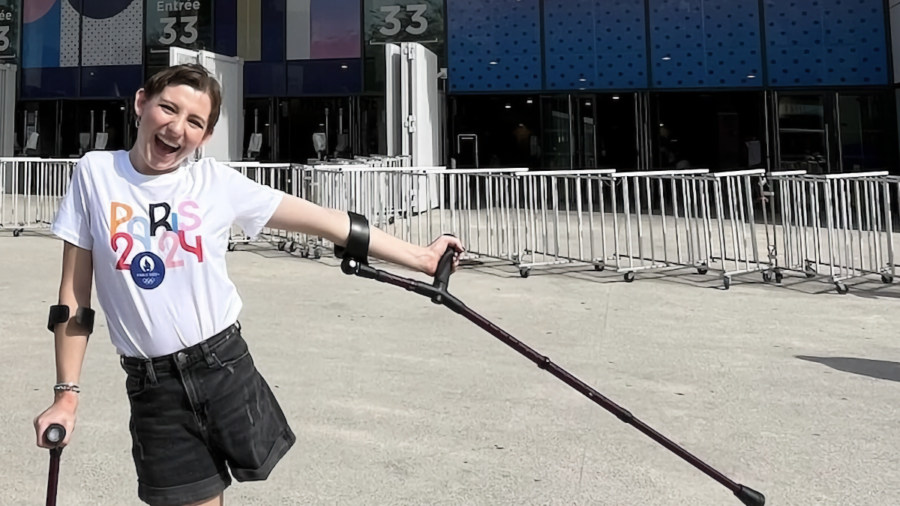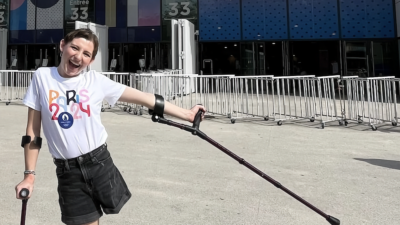Series Production Team Includes Variety of Neurodivergent Writers, Production Staff, Animators, Advisors, and Voice Talent
PBS Kids has a history of ensuring authentic inclusion in its series. Its newest show Carl the Collector not only continues this pattern but elevates it. The 2D animated series, aimed at 4-to-8-year-olds, features Carl, a warm-hearted autistic raccoon who enjoys collecting things, and his woodland creature friends including Lotta, a quiet and self-assured fox who is also autistic.
By featuring two autistic characters, viewers can better understand that autistic individuals are not all the same. Carl pays extraordinarily close attention to detail and comes up with unique ideas that others might not consider. His collections help him solve problems. While Carl is sensory seeking, Lotta experiences hypersensitivity to loud sounds, powerful smells, and certain food textures. Lotta also has exceptional talents in art and music. [continue reading…]




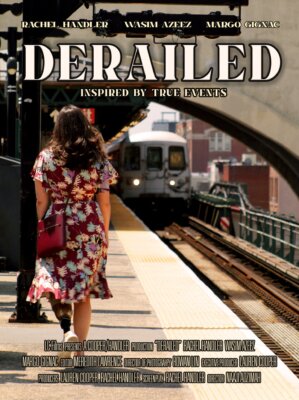 Writer, actress, director, and producer (sometimes all at the same time), Rachel Handler is a powerhouse. She has a special way of packing a punch with her narrative shorts — most of which are under six minutes long — by providing windows into experiences that are normal to some but never before thought about by others.
Writer, actress, director, and producer (sometimes all at the same time), Rachel Handler is a powerhouse. She has a special way of packing a punch with her narrative shorts — most of which are under six minutes long — by providing windows into experiences that are normal to some but never before thought about by others.
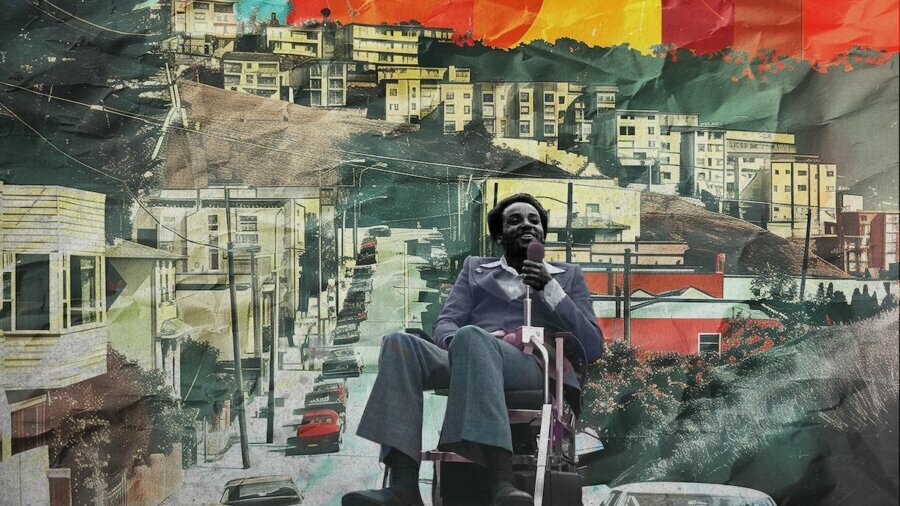
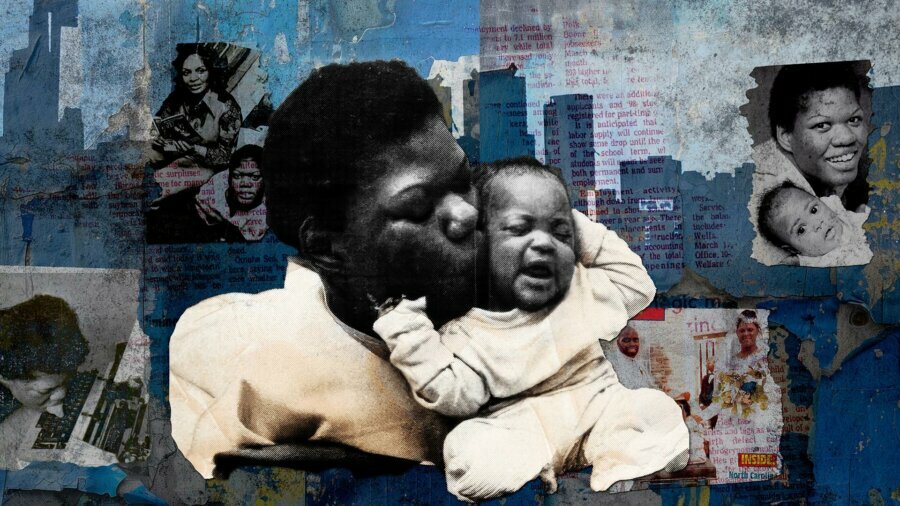

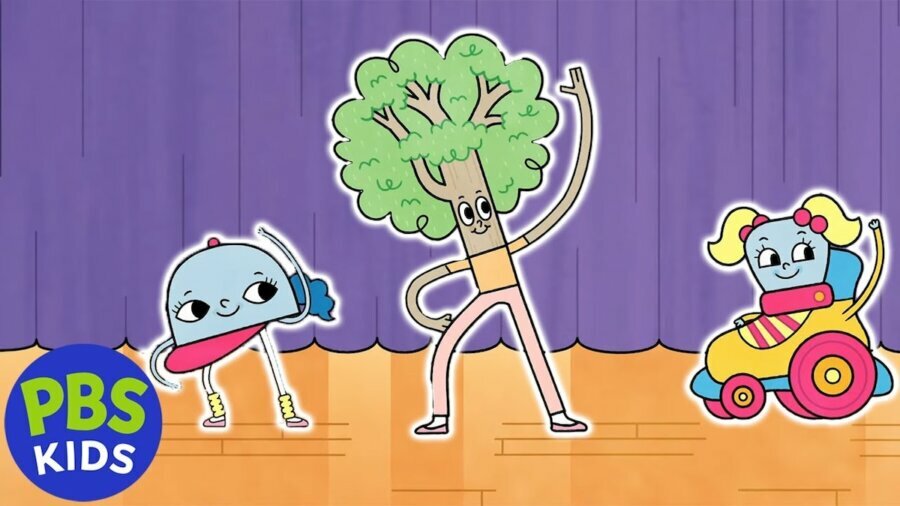
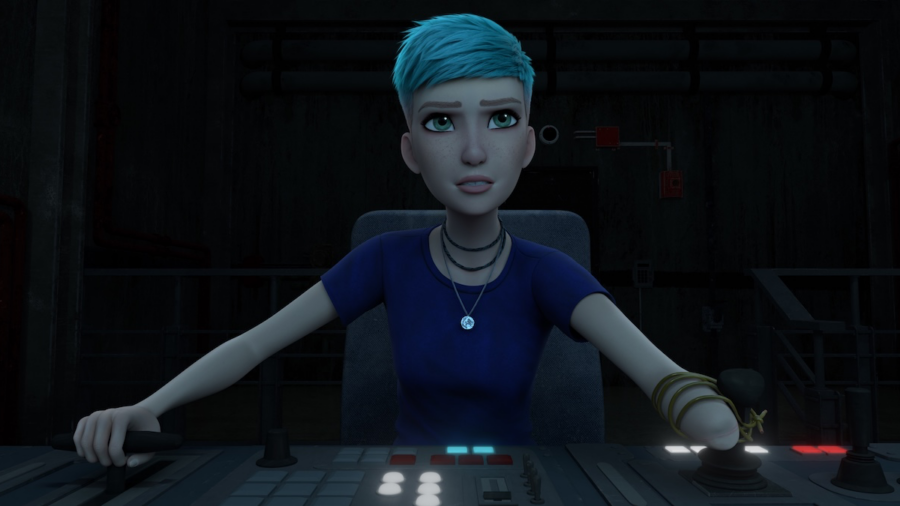
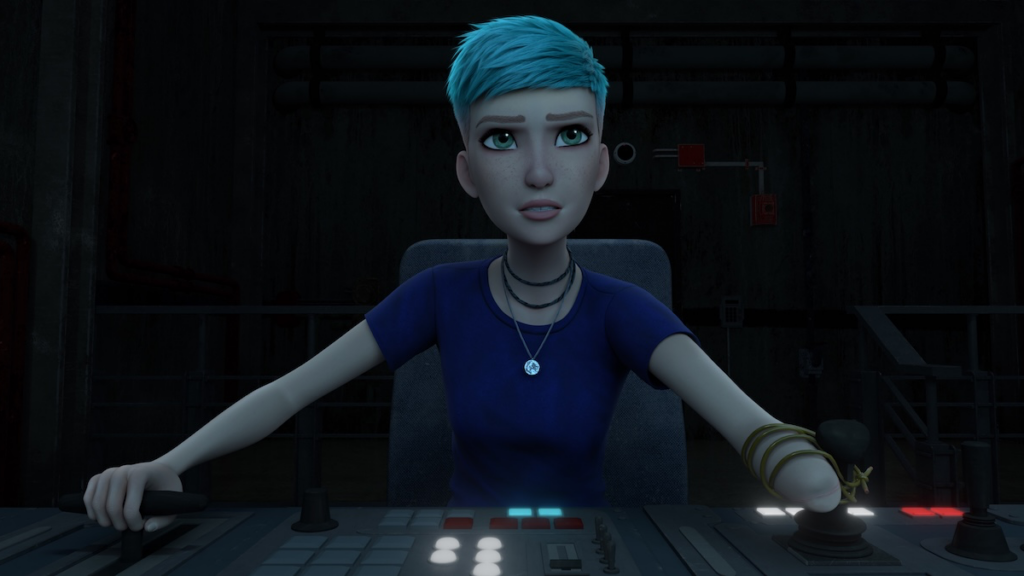
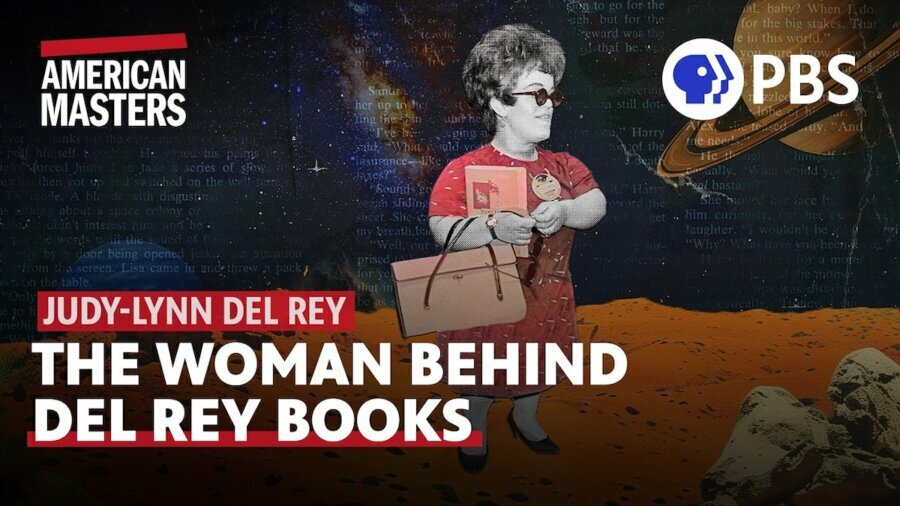
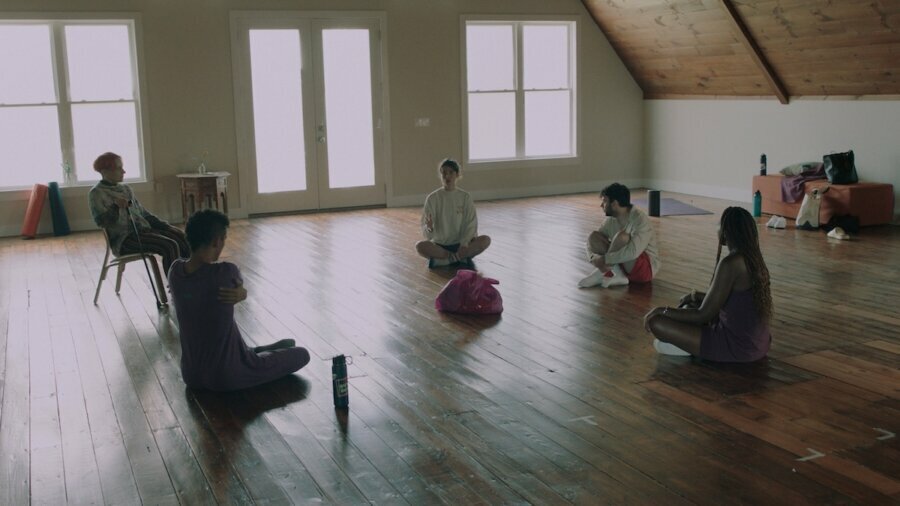
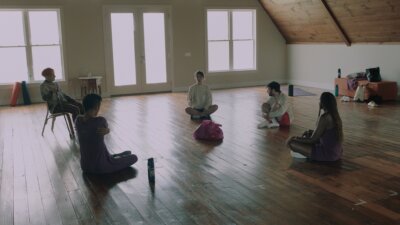 The short film POSSUM by Sophie Sagan-Gutherz, directed and co-written by Daisy Rosato, is a satirical horror about five young adults at an artist retreat. Going into this film, I had no idea what to expect, but I found it to be a creative and unique visualization of how people figure out their true beliefs and the impact this process can have on the people around them.
The short film POSSUM by Sophie Sagan-Gutherz, directed and co-written by Daisy Rosato, is a satirical horror about five young adults at an artist retreat. Going into this film, I had no idea what to expect, but I found it to be a creative and unique visualization of how people figure out their true beliefs and the impact this process can have on the people around them.